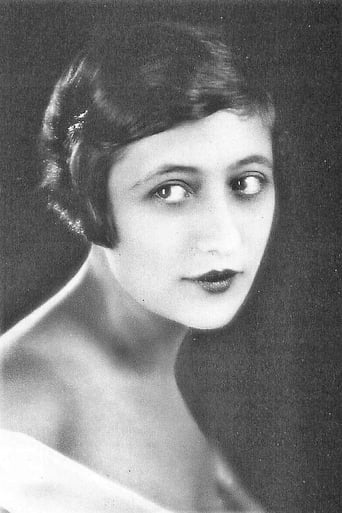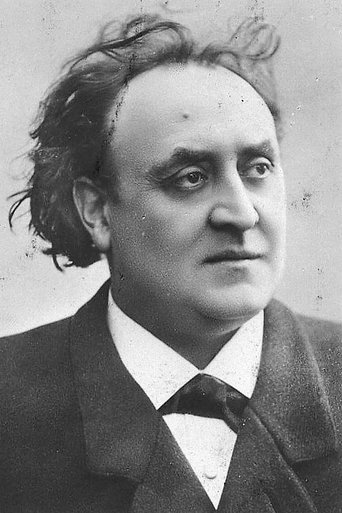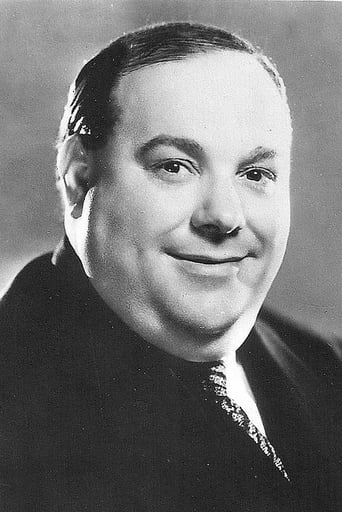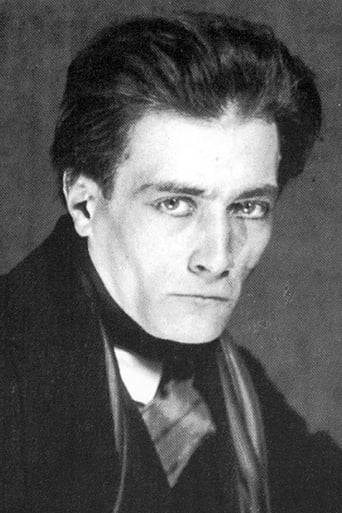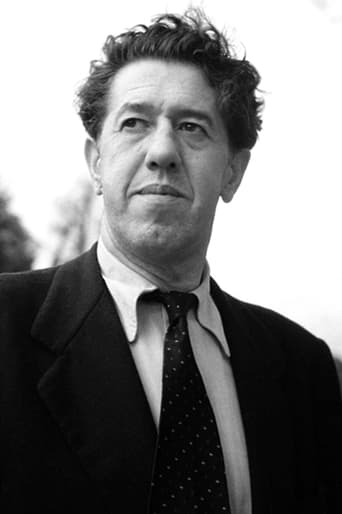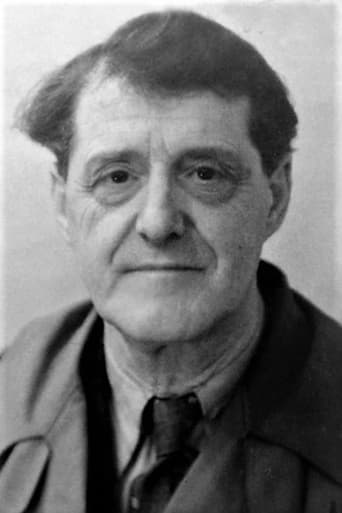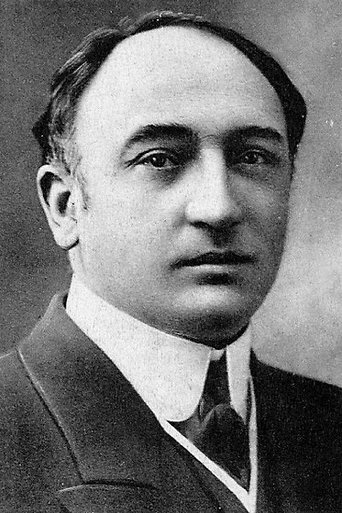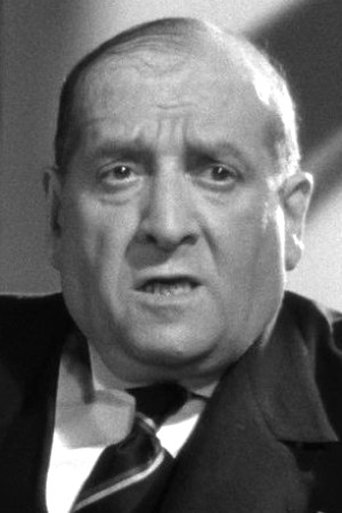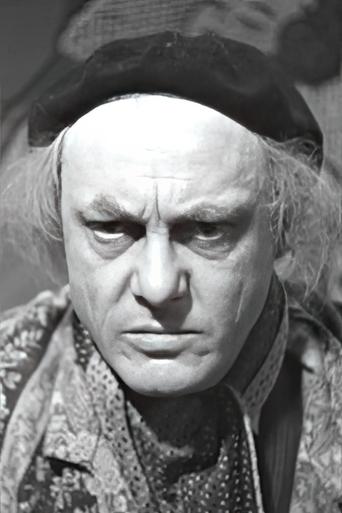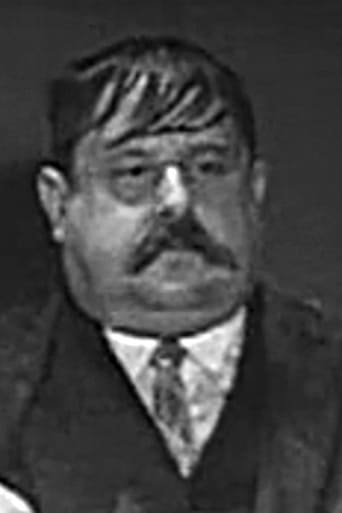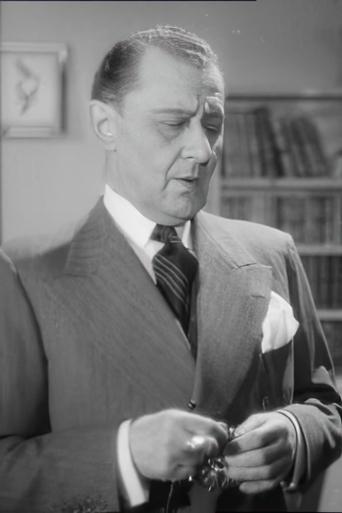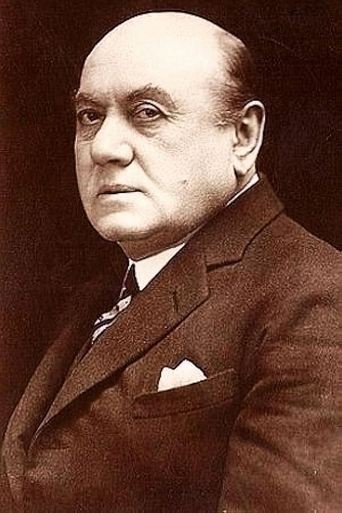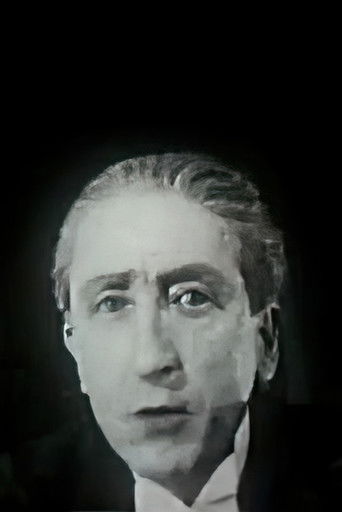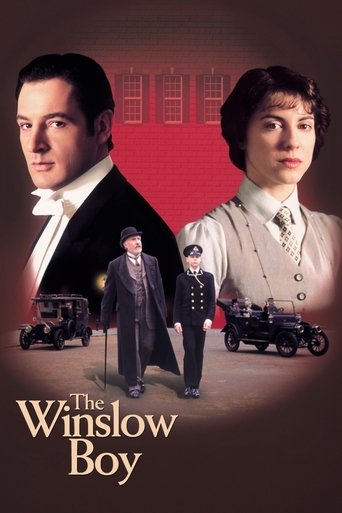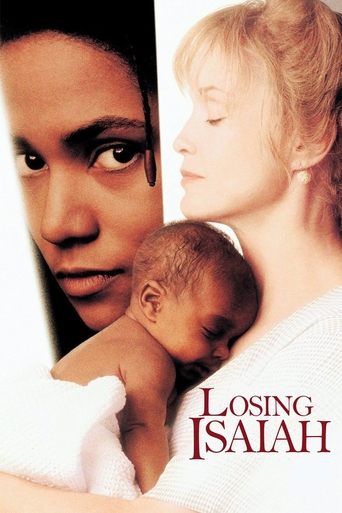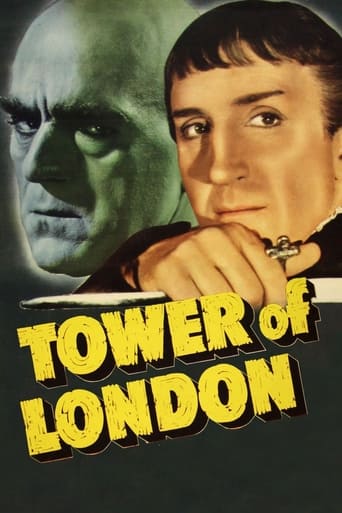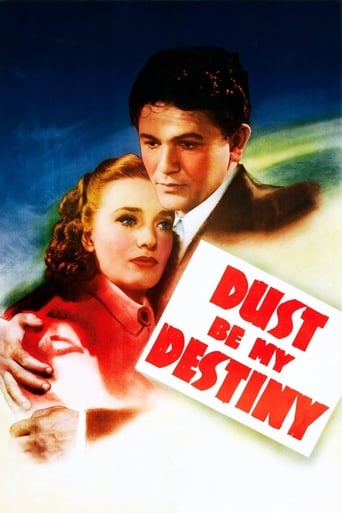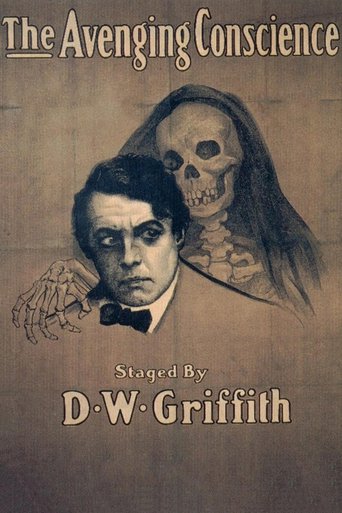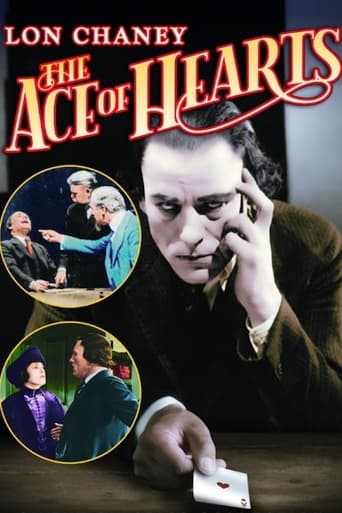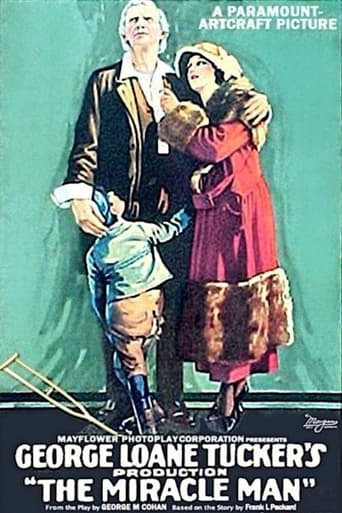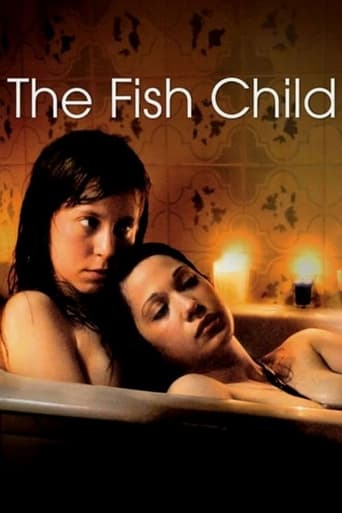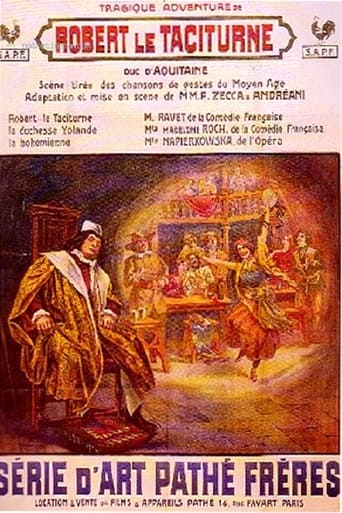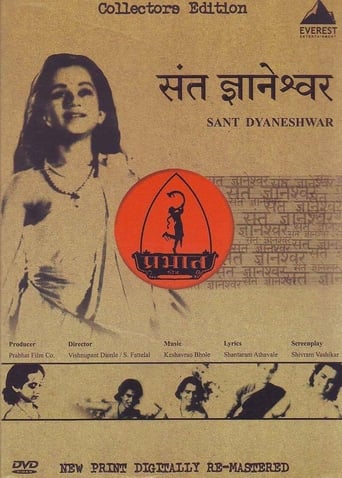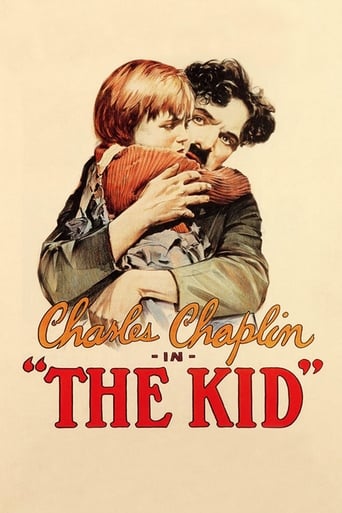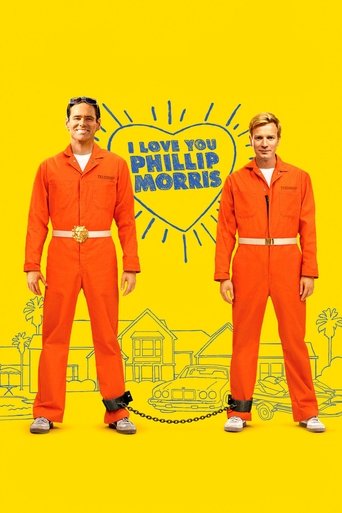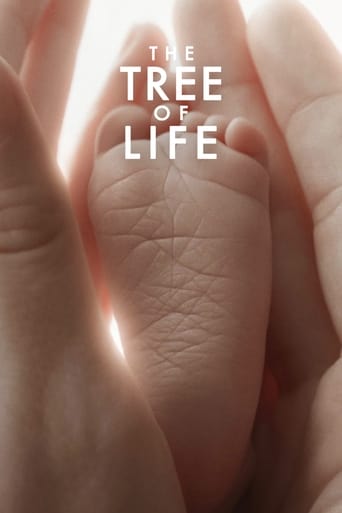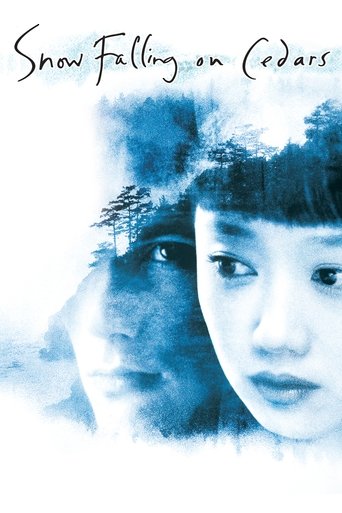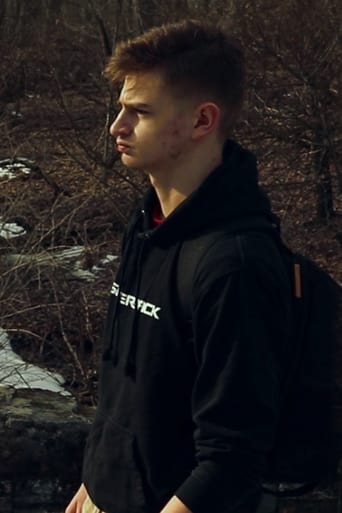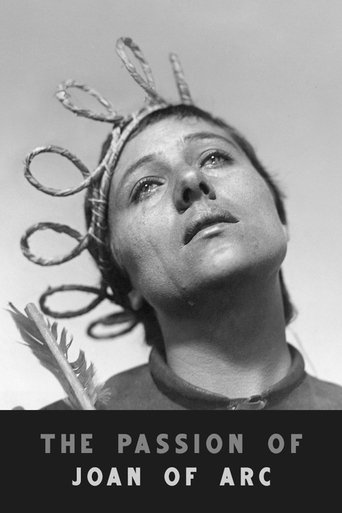










The Passion of Joan of Arc (1928)
A classic of the silent age, this film tells the story of the doomed but ultimately canonized 15th-century teenage warrior. On trial for claiming she'd spoken to God, Jeanne d'Arc is subjected to inhumane treatment and scare tactics at the hands of church court officials. Initially bullied into changing her story, Jeanne eventually opts for what she sees as the truth. Her punishment, a famously brutal execution, earns her perpetual martyrdom.
- Carl Theodor Dreyer
- Paul La Cour
- Ralph Christian Holm
- Carl Theodor Dreyer
- Joseph Delteil
Rating: 8/10 by 960 users
Alternative Title:
Die Passion der Jungfrau von Orléans - DE
A Paixão de Joana d'Arc - PT
Johanna von Orléans - AT
Jeanne d'Arcs lidelse og død - DK
Страсти Жанны д'Арк - RU
La passione di Giovanna d'Arco - IT
La pasión de Juana de Arco - ES
Męczeństwo Joanny d'Arc - PL
Patimile Ioanei d'Arc - RO
裁かるるジャンヌ - JP
Τα πάθη της Ζαν Ντ’ Αρκ - GR
Utrpení Panny orleánské - CZ
O Martírio de Joana D'Arc - BR
잔 다르크의 열정 - KR
裁かるゝジャンヌ - JP
Country:
France
Language:
No Language
Runtime: 01 hour 22 minutes
Budget: $0
Revenue: $18,121
Plot Keyword: suffering, court case, judge, sentence, woman martyr, heresy, trial, religion, torture chamber, saint, martyrdom, dove, silent film, catholicism, martyr, joan of arc, forgery, judiciary, 15th century, burning at stake, holy communion, bloodletting, jeanne d'arc
Maria Falconetti is superb as the eponymous tortured soul betrayed and tried for heresy in 15th century France. The history is well known, and Carl Theodor Dreyer sticks fairly faithfully to the more established, traditional, chronology which leaves us, the audience, to focus much more on the wonderfully emotive, gritty and poignant efforts from the cast and the wonderfully creative talent behind the camera. The combination of innovative, intimate and intense photography coupled with the beautifully expressive facial expressions from Miss Falconetti; the subtle but potent brutality of her persecutors - personified well by Eugene Silvain's Bishop Cauchon but also well exemplified by the cold and soul-less panel of judges all make this an effective and chilling film. The score - semi angelic, frequently intimidating but always powerful helps create an atmosphere that genuinely makes you feel fear and trepidation for this young woman, a pawn in things she little understands, but sticking faithfully to her beliefs of divine intervention and pureness of spirit. That emotional link is contagious, and even as a man of little faith myself, I found myself feeling an overwhelming pity for this person caught up in a trap of very much earthly ambition and deceit. It's a tough watch at times, especially as the chronicles remove even the slightest of chances for this woman. It is also pretty short - and that helps keep that momentum moving really well; there is no time for extended and sprawling cinematography to lessen the impact - it's a film about humanity, trauma and fear; and takes some beating...
There are a few different versions of this movie with different audio tracks. Dreyer himself criticized a bastardized version in the 1950s that changed the vignettes and audio to better fit for audiences of the time. I saw this movie long ago from a poor reproduction with what I assume was the original score and it was pretty good. Years later showed it to someone else and we saw the remastered Voices of Light version. It had been elevated to a true masterpiece. The higher video quality really lets us see Dreyer's decision to not use the extremely common heavy makeup found in the silent film era. The missing puzzle piece was found in the form of perfectly fitting vocals. Dreyer will simply have to excuse us for modifying his film.

